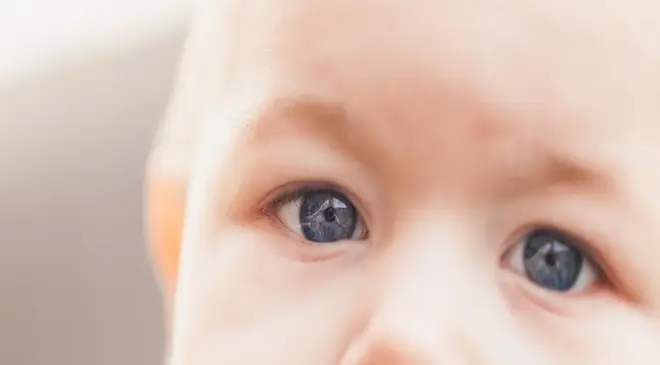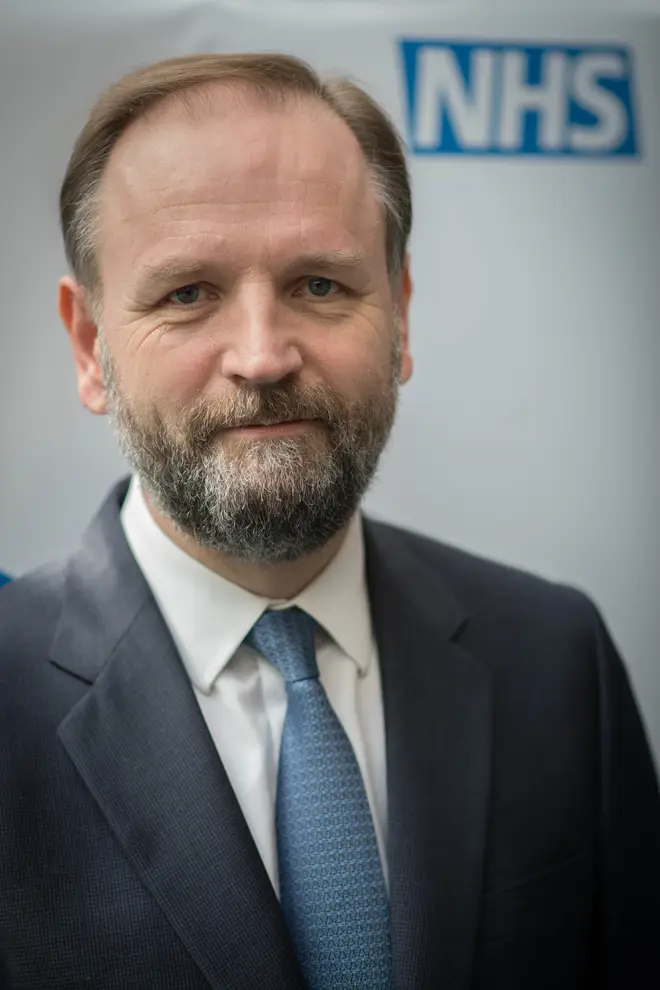
Ben Kentish 10pm - 1am
4 September 2019, 11:29

Patients with a rare inherited eye disorder are set to be able to access a new gene therapy on the NHS which slows down sight loss.
Simon Stevens, chief executive of NHS England, will announce the revolutionary gene therapy treatment today, which costs over £600,000 per patient.
Inherited retinal dystrophies cause the gradual degeneration of the light-sensitive cells on the retina. They are usually diagnosed in childhood. The condition causes a loss of vision which ultimately leads to almost total blindness.
At the moment, there is no treatment.
But the National Institute for Health and Care Excellence estimates just under 90 people in England with a mutation of the RPE65 gene will be eligible for the new NHS treatment.
The gene should provide the instructions to make a protein that is key to normal vision.

At today's Health Innovation Expo conference in Manchester, Mr Stevens is expected to say: “Loss of vision can have devastating effects, particularly for children and young people, but this is truly life changing treatment restores the sight of people with this rare and distressing condition."
“For previous generations, curing blindness would literally have been seen as a ‘miracle.’ Now modern medicine is making that a reality for our patients. "
Around 3 to 5 babies are expected to be born every year suffering with the condition.
The treatment would become available from January 2020.
Sue Sharp, deputy chief executive at the Royal Society for Blind Children, said: "We see first-hand the devastating effect of childhood sight loss, and so we welcome news of this breakthrough therapy and its impact on the lives of children with inherited retinal dystrophies disorder."